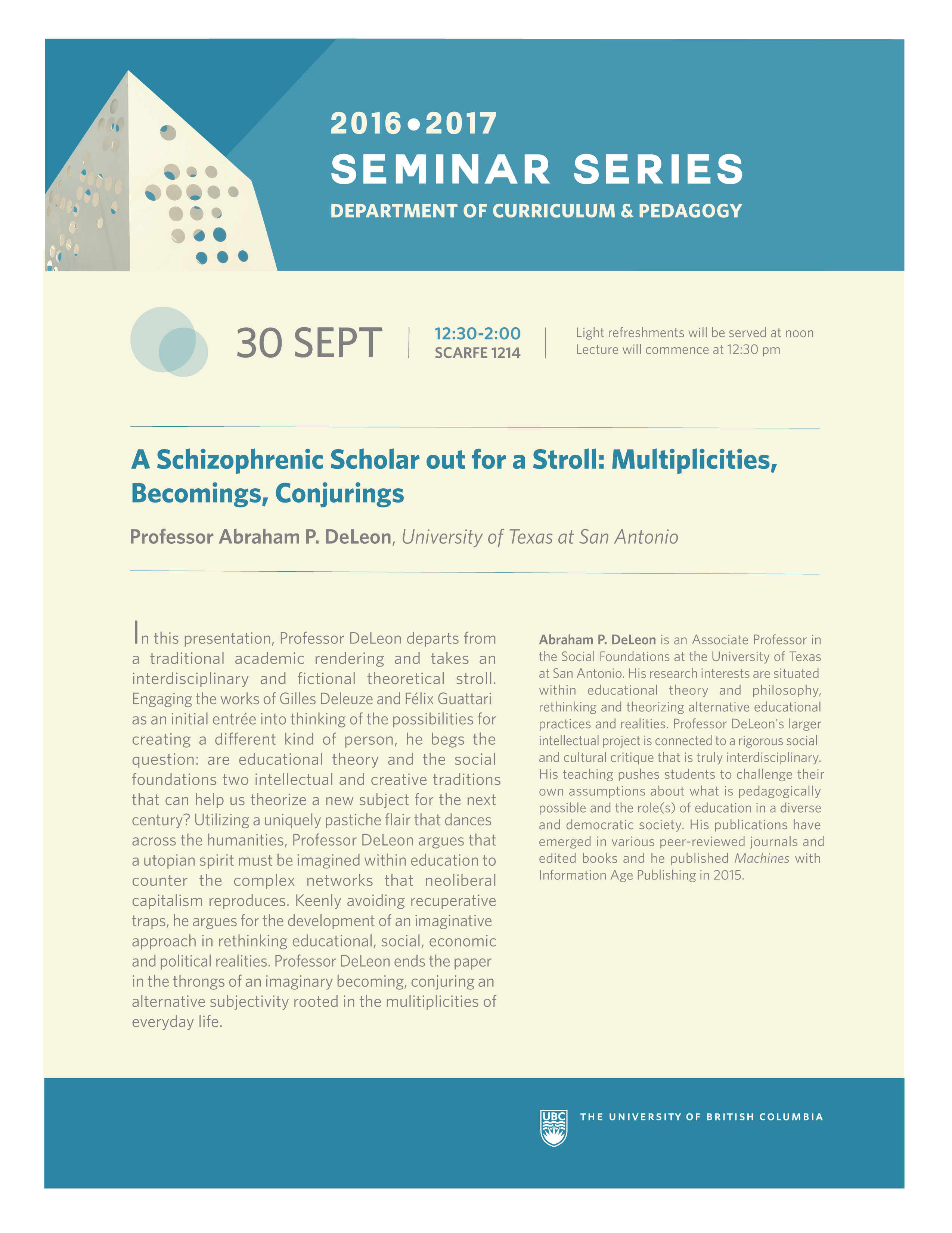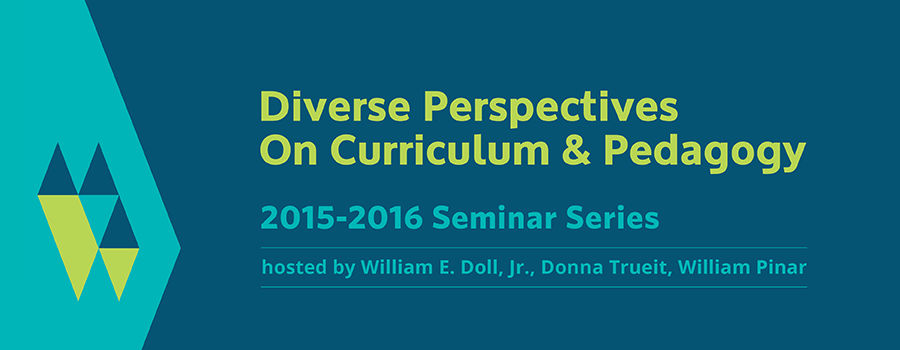-
Recent Posts
- New issue launch Workplace: A Journal for Academic Labor #35 (2024-2025)
- New issue of Critical Education (vol 16 no 2, Feb. 1 2025)
- New issue of Critical Education (vol. 15 no. 4, 2024)
- Call for Submissions: Heed the Call of the Dreamers! Imagination and the Frontiers of Critical Scholarship
- Critical Education: Call for manuscript reviewers
Recent Comments
- E Wayne Ross on The Courage of Hopelessness: Democratic Education in the Age of Empire [Video]
- George Rammell on The Courage of Hopelessness: Democratic Education in the Age of Empire [Video]
- Shannon M on BC elementary school bans touching at recess #NoMoreTag #bced #yteubc #occupyeducation
- SD61 Board Meeting, June 17, 2013: The Record Off The Record: It Sounds So Nice | Lined Paper on BC schools face total budget shortfall of $130 million #bcpoli
- Monday Memo – June 3, 2013 | Surrey Teachers Association on BC Teachers Federation scores landmark victory in academic freedom and freedom of expression #bcpoli
Archives
- May 2025
- January 2025
- November 2024
- October 2024
- September 2024
- January 2024
- October 2023
- August 2023
- December 2020
- May 2020
- March 2020
- January 2020
- August 2017
- March 2017
- February 2017
- January 2017
- September 2016
- July 2016
- May 2016
- February 2016
- January 2016
- October 2015
- June 2015
- April 2015
- February 2015
- January 2015
- May 2014
- November 2013
- October 2013
- September 2013
- August 2013
- July 2013
- June 2013
- May 2013
- April 2013
- March 2013
- February 2013
- January 2013
- December 2012
- November 2012
- October 2012
- August 2012
- July 2012
- June 2012
- May 2012
- April 2012
- March 2012
- February 2012
Categories
- Academic freedom
- Adjuncts
- Administration
- BC Education
- Budgets & Funding
- CAUT
- CFPs
- Civil Liberties
- Commentary
- Conferences
- Contracts
- Corporate University
- Critical Education
- Disputes
- Environment
- Equity
- Ethics
- Faculty
- Free speech
- Governance
- Government
- Idle No More
- Job cuts
- K-12 issues
- Layoffs
- Legal issues
- Organizing
- Privatization
- Protests
- Publishing
- Research
- Salary/Economic Benefits
- Strikes & Labor
- Student Movement
- Student Speech
- Students
- Talks and seminars
- Teachers
- Tenure & Promotion
- Testing
- Textbooks
- Uncategorized
- Unions
- University Presidents
- Violence
- Working condition
Meta
-
Tag Archives: talks
Dr. Sebastián Plá | “Curriculum and Structural Violence: Teaching Social Studies in Latin America’s Secondary Schools”
Tagged curriculum, EDCP, structural violence, talks, UBC, Violence
ICES Seminar: Curricular ideologies in the discussion and negotiation of the Chilean social studies curriculum
Institute for Critical Education Studies
Open Seminar
Monday, September 26, 2016
Noon – 1:oopm
Scarfe 1209
University of British Columbia
Curricular Ideologies in the Discussion and Negotiation of the Chilean Social Studies Curriculum
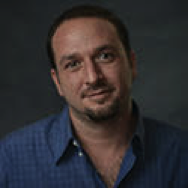 Renato Gazmuri, PhD
Renato Gazmuri, PhD
Assistant Professor at Universidad Diego Portales (Chile). Dr. Gazmuri received his PhD at the Autonomous University of Barcelona (Spain)
Abstract: The Chilean social studies curriculum has been defined through processes of discussion and negotiation between diverse actors and institutions with different views on the subject. In order to identify and describe these ideologies, a sequential and recursive methodological device was designed and applied in three stages of production and analysis of information: a documentary compilation around three curricular events of debate and negotiation, application of questionnaires, and interviews. At each stage a content analysis was performed. Five curriculum ideologies are identified and described, considering their assumptions about how the curriculum should define the subject matter, as well what its aims, contents and its guidelines for teaching.
EDCP Seminar: Abraham DeLeon “A Schizophrenic Scholar out for Stroll: Multiplicities, Becomings, Conjurings”
Tagged Abraham DeLeon, Curriculum and Pedagogy, EDCP, Research, seminar, talks, UBC, UTSA
The Courage of Hopelessness: Democratic Education in the Age of Empire [Video]
Dr. E. Wayne Ross | Professor, EDCP
January 15, 2016
Short Bio:
E. Wayne Ross is Professor in the Department of Curriculum and Pedagogy at UBC. He has written and edited numerous books including: Critical Theories, Radical Pedagogies and Social Education (Sense, 2010); The Social Studies Curriculum: Purposes, Problems and Possibilities (4th Ed., SUNY Press, 2014) and Working for Social Justice Inside and Outside the Classroom (Peter Lang, 2016). He also edits the journals Critical Education, Workplace: A Journal for Academic Labor, and Cultural Logic.
Abstract:
In this talk I argue there is a disconnect between the rhetoric and reality of democracy in North America that subverts traditional approaches to democratic education. The tropes that have historically dominated the discourse on democracy and democratic education now amount to selling students (and ourselves) a lie about history and contemporary life. Our challenge is to re-imagine our roles as educators and find ways to create opportunities for students to create meaningful personal understandings of the world. Education is not about showing life to people, but bringing them to life. The aim is not getting students to listen to convincing lectures by experts, but getting them to speak for themselves in order to achieve, or at least strive for an equal degree of participation and a more democratic, equitable, and justice future. This requires a new mindset, something I call dangerous citizenship.
Public lecture by Jan Masschelein: Public Lecture ‘Reclaiming the School as Pedagogic Form’ Dr. Jan Masschelein
Institute for Critical Education Studies
Faculty of Education
University of British Columbia
Public Lecture
‘Reclaiming the School as Pedagogic Form’
Dr. Jan Masschelein
(Katholieke Universiteit Leuven)
May 12, 2015
12:00 – 2:00pm
Scarfe 1214
(Education Building, UBC Vancouver)
In my contribution I will use the word ‘school’ to refer to a specific pedagogic form i.e. a concrete way (including architecture, practices, technologies, pedagogical figures) to gather people and things (arranging their company and presence) so that, on the one hand, it allows for people to experience themselves as being able to take care of things, and, at the same time and on the other hand, to be exposed to something outside of themselves (the common world). It is a very specific combination of taking distance and (allowing for) re-attachment. As a consequence, the term ‘school’ is not used (as is very often the case) for so-called normalizing institutions or machineries of reproduction in the hands of the cultural or economic elites. There is reproduction and normalizing, of course, but then the school does not (or does no longer) function as a pedagogic form.
Put differently: schools are particular ways to deal with the new generations and to take care of the common world that is disclosed for them. If education is the response of a society to the arrival of newcomers, as Hannah Arendt formulates it, and if schools are particular ways of doing this, ways that are different from initiation and socialization, ways that offer the new generations the possibility for renewal and the opportunity of making its own future, i.e. a future that is not imposed or defined (destined) by the older one, ways that imply to accept to be slowed down (in order to find, or even, make a destiny), ways that accept that education is about the common world (and not individual resources), then we could state that the actual ‘learning policies’ of the different nation states as well as of international bodies are in fact threatening the very existence of schools (including school teachers).
To reclaim the school, then, is not simply about restoring classic or old techniques and practices, but about actually trying to develop or experiment with old and new techniques and practices in view of designing pedagogic forms that work under current conditions, that is, that actually slow down, and put society at a distance from itself.
Jan Masschelein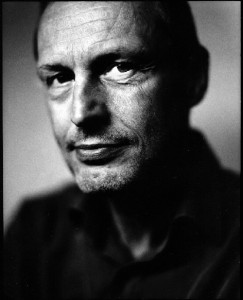 is head of the Laboratory for Education and Society, and of the research group Education, Culture and Society at the Katholieke Universiteit Leuven (Belgium). His research concerns the public and societal role of education and schooling, the role of the university, the changing experiences of time and space in the age of the network, the educational meaning of cinema and camera, the architecture of schools and architecture of the learning environment, a pedagogy of attention, the notion of ‘pedagogy’, the pedagogical role of teachers and social workers. His book, In Defense of School (with Maarten Simons) is available at http://goo.gl/NN4XeD.
is head of the Laboratory for Education and Society, and of the research group Education, Culture and Society at the Katholieke Universiteit Leuven (Belgium). His research concerns the public and societal role of education and schooling, the role of the university, the changing experiences of time and space in the age of the network, the educational meaning of cinema and camera, the architecture of schools and architecture of the learning environment, a pedagogy of attention, the notion of ‘pedagogy’, the pedagogical role of teachers and social workers. His book, In Defense of School (with Maarten Simons) is available at http://goo.gl/NN4XeD.

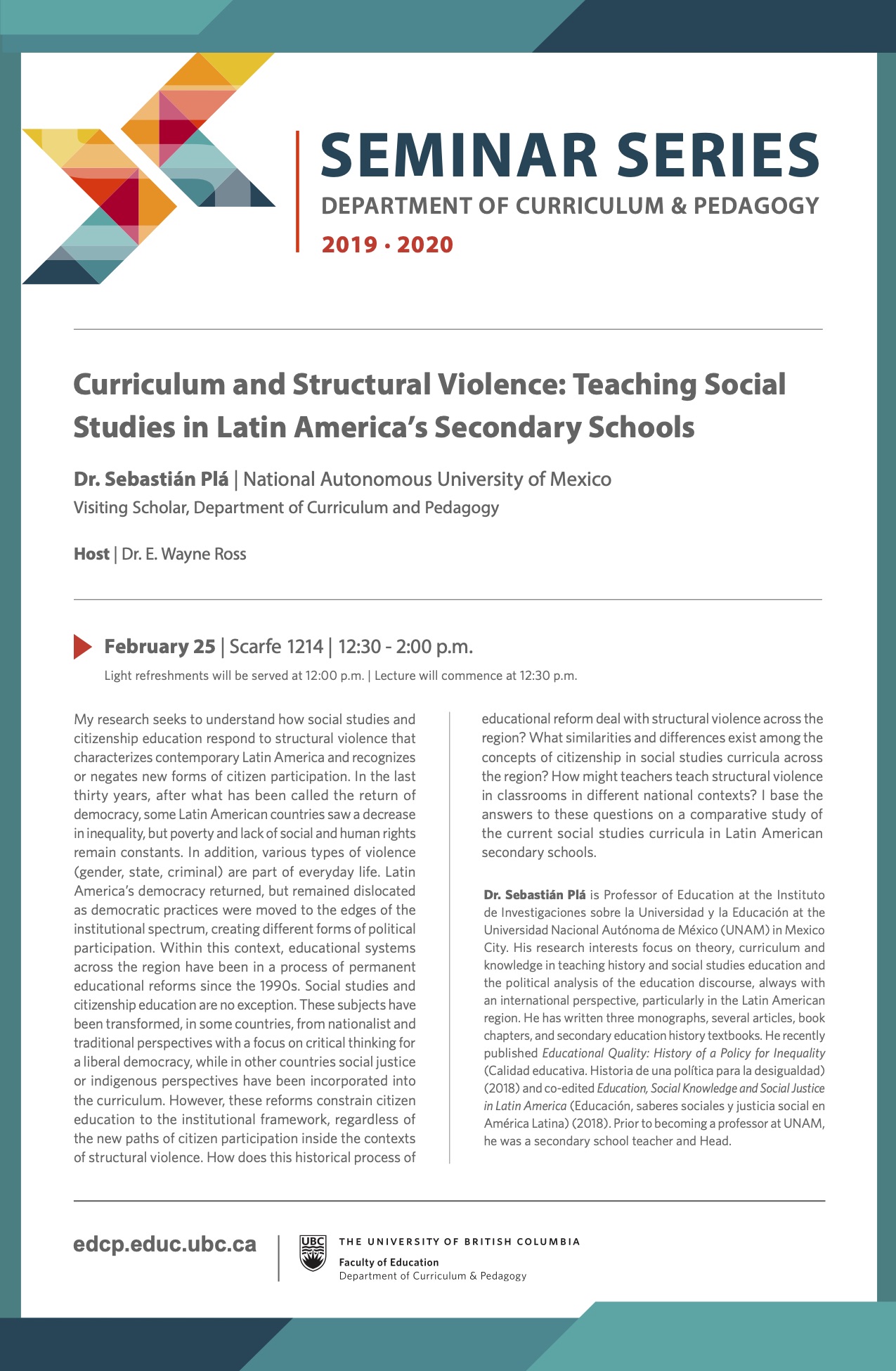
 Follow
Follow